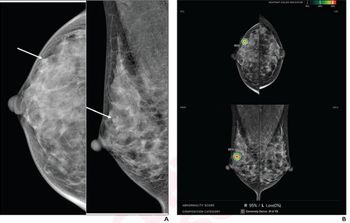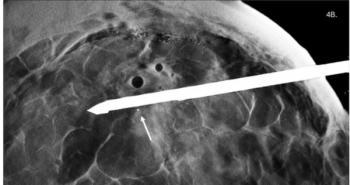
Concessions improve odds GE will buy Instrumentarium
Strength in patient monitoring remains issue GE's bid to acquire Instrumentarium may be close to reaching approval. The key may be a conciliatory note struck by GE executives regarding concerns by European regulators over the
Strength in patient monitoring remains issue
GE's bid to acquire Instrumentarium may be close to reaching approval. The key may be a conciliatory note struck by GE executives regarding concerns by European regulators over the strength of the combined companies in patient monitoring.
GE has offered, if the deal goes through, to sell Spacelabs Medical, a patient monitoring business unit currently part of Instrumentarium, according to Dow Jones Business News. The company has also agreed to license various patient monitoring and anesthesia technologies. Doing so would improve the competitive position of Spacelabs against major manufacturers of such equipment, including a combined GE-Instrumentarium, as well as Philips and Siemens.
EU regulators objected to the proposed merger primarily on the grounds that a combined GE-Instrumentarium would have too much influence over the prices of patient monitors, according to the wire service. Spearheading the objection was Mario Monti, the European official who engineered the demise of GE's bid to buy Honeywell International two years ago.
European antitrust officials have until Sept. 11 to issue a final decision, but only until Aug. 6 to issue additional objections. The proposed deal must also pass antitrust muster at the U.S. Department of Justice.
Newsletter
Stay at the forefront of radiology with the Diagnostic Imaging newsletter, delivering the latest news, clinical insights, and imaging advancements for today’s radiologists.














